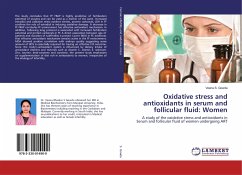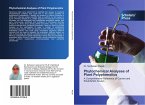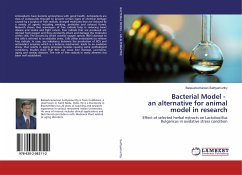Organisms are constantly exposed to many different forms of reactive oxygen species (ROS) and reactive nitrogen species (RNS) from both endogenous and exogenous means that damage proteins, nucleic acids, and lipids, leading to loss of biological function implicated in degenerative diseases. Organisms possess a battery of antioxidant systems (enzymes, vitamins, metabolites) as a defense against ROS-mediated oxidative damage that can prevent the formation of these ROS/RNS or convert them to inactive derivatives. These antioxidants are naturally produced in situ, or supplied through foods and/or supplements. An imbalance between oxidants and antioxidants favoring oxidants, potentially leading to damage, is called oxidative stress. Some pathways are activated in response to oxidative stress and are preferentially linked to enhanced survival or associated with cell death as therapeutic interventions. These pathways exert in uence through modulation of transcription factors activities effecting changes in gene expression pattern, especially antioxidant-related genes. Discussed are transcription factors, activation mechanisms of signaling pathways and roles in specific diseased condition.








